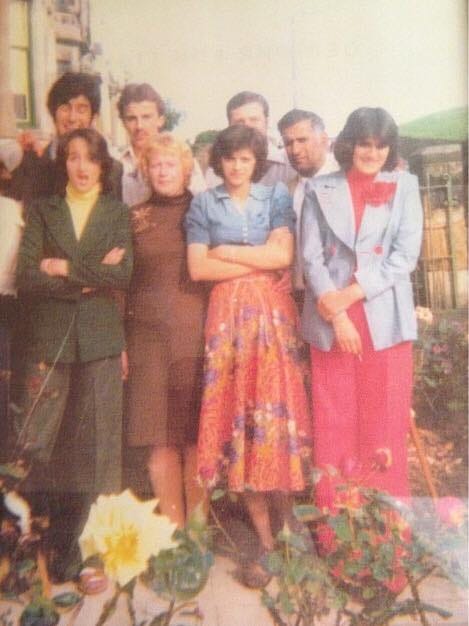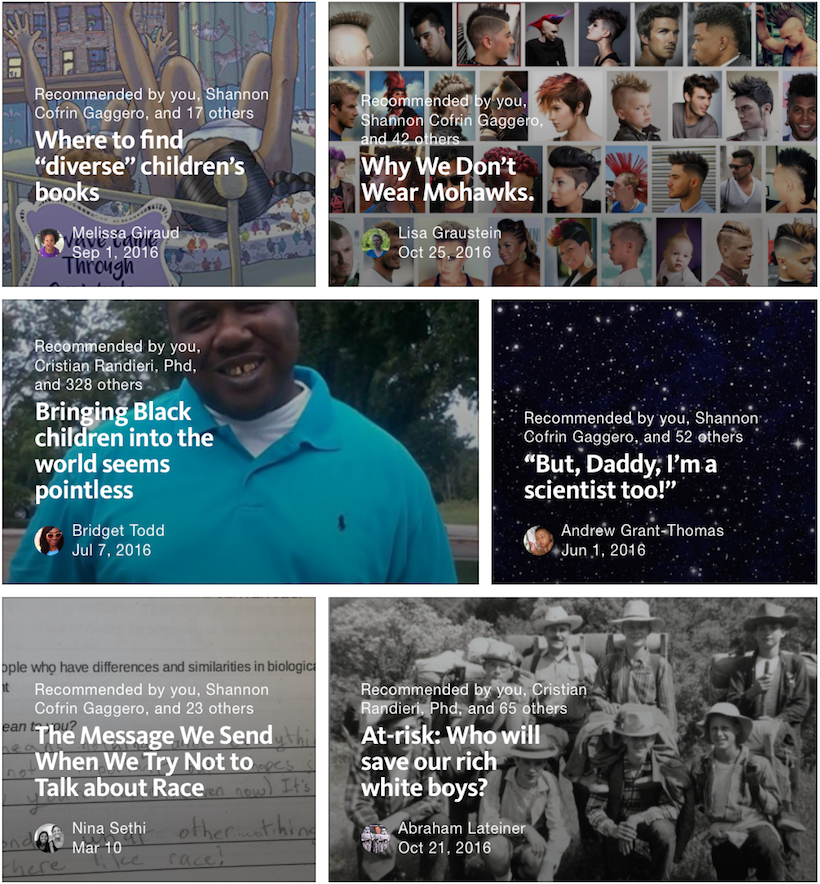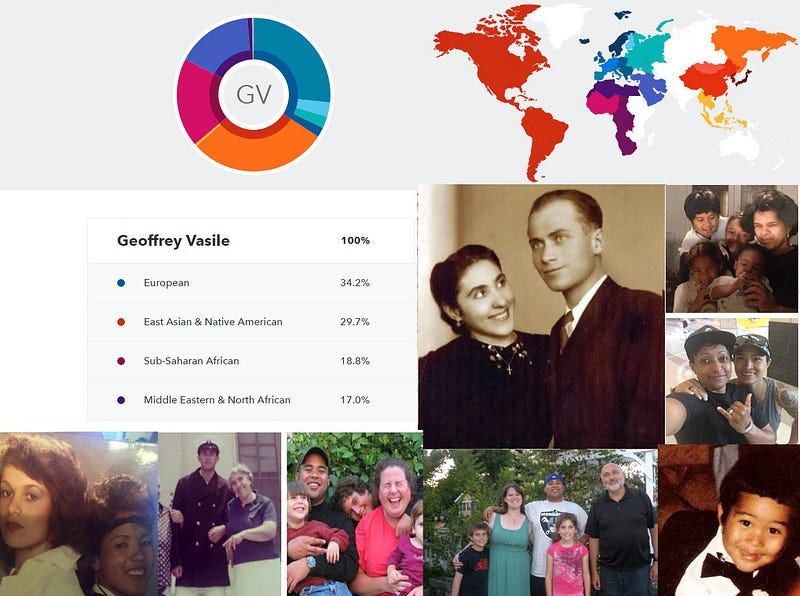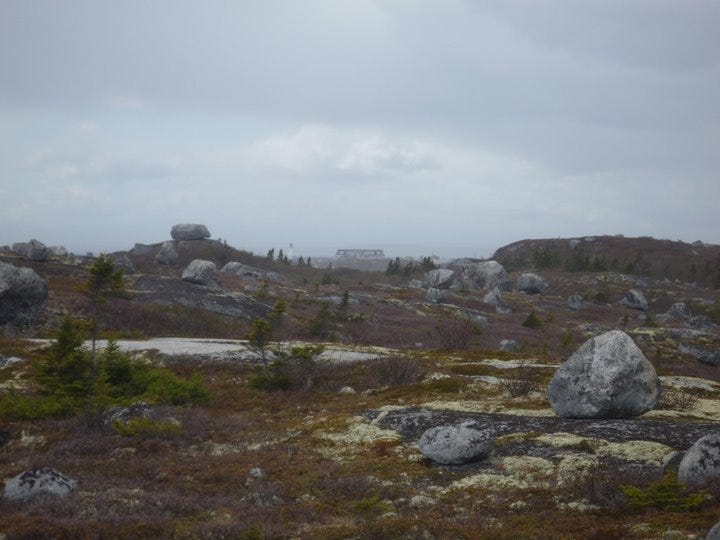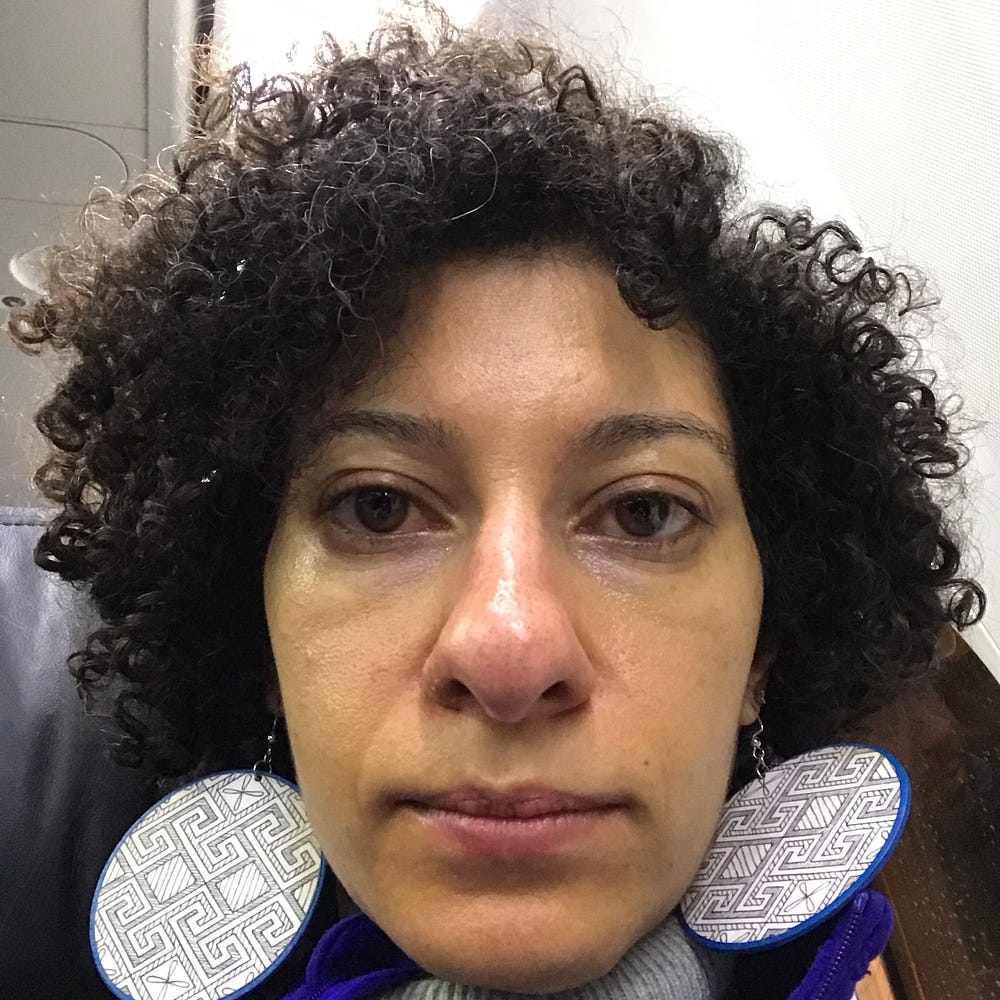Hidden Figures is a Black, not white, Women’s StoryPosted in Articles, History, Media Archive, United States, Women on 2018-06-30 03:02Z by Steven |
Hidden Figures is a Black, not white, Women’s Story
Medium
2017-11-22
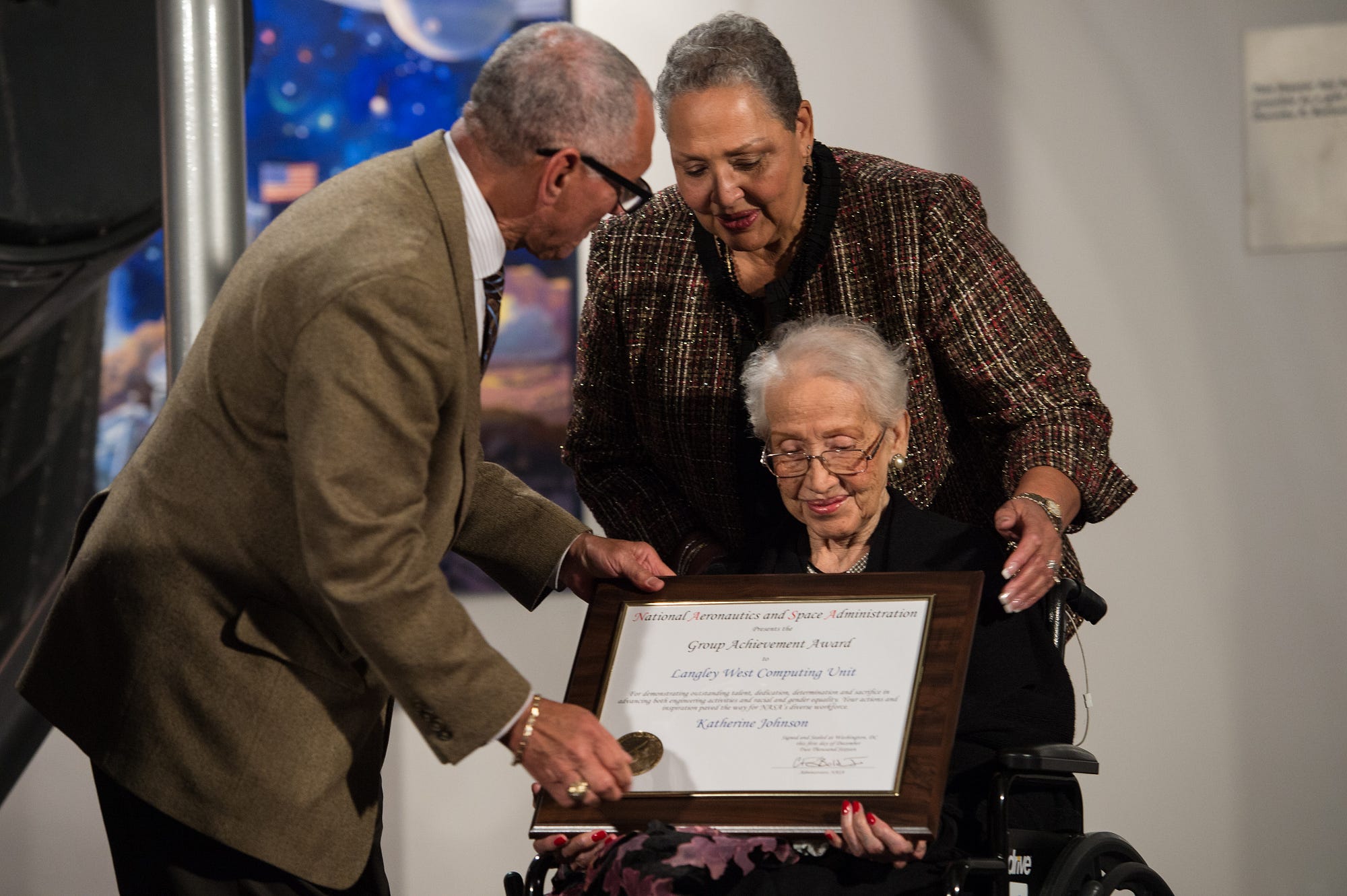 NASA Administrator Charles Bolden presents an award to Katherine Johnson, the African American mathematician, physicist, and space scientist, who calculated flight trajectories for John Glenn’s first orbital flight in 1962, at a reception to honor members of the segregated West Area Computers division of Langley Research Center on Thursday, Dec. 1, 2016, at the Virginia Air and Space Center in Hampton, VA. Afterward, the guests attended a premiere of “Hidden Figures” a film which stars Taraji P. Henson as Katherine Johnson, Octavia Spencer as Dorothy Vaughan, and Janelle Monae as Mary Jackson. (image: a brown skinned man in a suit handing a plaque to a brown skinned woman in a wheelchair with a brown skinned woman standing behind the wheelchair.) NASA/Aubrey Gemignani |
It’s important to know the difference between “marginalized” and “hidden”
These remarks were made in my role as respondent to a paper on the (white) women students of (white woman) astronomer Maria Mitchell at the 2017 Society of History of Technology meeting. They were well received by the person whose work I was commentating on.
I will respond by offering a history of my own knowledge of women in astronomy. My interest in the Hidden Figures has been strongly shaped by my own experiences as a Black woman working at the intersection of physics and astrophysics. As an undergraduate at Harvard in the early 2000s, I was aware of the white women who had acted as computers for the Harvard College Observatory — this was history that astronomy undergraduates were privy to and that someone (I don’t remember who) took some effort to ensure that at the least women undergraduates learned about. The idea that their history or role was hidden, for this reason, has always seemed jarring to me. They were not hidden to us even as we recognized that more broadly they were a site of disinterest for many, but it was always made clear to me as an undergraduate that while their opportunities were limited, white women astronomers had been part of early American astronomy and that they had played a significant role in my own sub field, cosmology. (As in, without Harvard Computer Henrietta Leavitt’s discovery of the cepheid variable luminosity relation, Hubble could not have discovered the expansion of the universe. Of course, I didn’t learn until much later that Leavitt was a deaf adult, and it is interesting what parts of her story were left out.)…
Read the entire article here.

